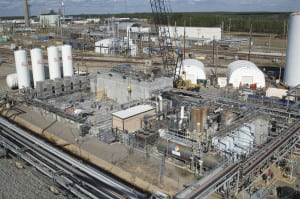
The U.S. Energy Department appears to be reaching out to all the teams that bid on the $4.7 billion contract to manage liquid waste at the Savannah River Site in South Carolina, after the Government Accountability Office last month upheld one protest against the…